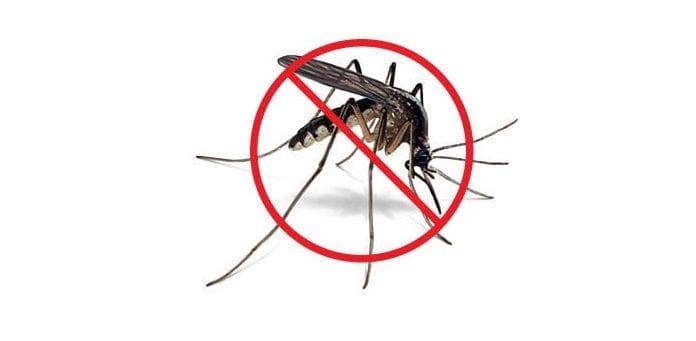Table Of Contents
Scientists genetically engineer mosquitoes that would wipe out their species
Fighting malaria with genetically modified mosquitoes that can pass on gene that renders their offspring sterile
Every year millions of humans die at the hands of malaria which is spread by mosquitoes. In the fight against malaria, UK scientists say they have reached a milestone by creating a genetically modified mosquito that is infertile. In other words, the mosquito that is responsible for most of the world’s malaria has been genetically modified to spread genes that could wipe out its species. Malaria infects more than 200 million people each year and causes more than 430,000 deaths.
A team led by molecular biologist Dr Tony Nolan and vector biologist Prof Andrea Crisanti at Imperial College London, have recognized three genes in Anopheles gambiae that, when mutated, lead to infertility in females, which means that the genetically modified bugs carry a gene that disrupts the egg production in female mosquitoes.
In the Imperial team’s experiments with Anopheles gambiae – a breed of mosquito that is a major carrier of dangerous malaria parasites in sub-Saharan Africa, where 90 per cent of annual malaria deaths occur – the mutant mosquitoes were kept with wild-type ones so they could mate.
The mosquito species Anopheles gambiae is a major carrier of dangerous malaria parasites in sub-Saharan Africa, where 90 per cent of annual malaria deaths occur.
Thanks to technology called gene drive, the gene for infertility was transmitted to more than 90% of both male and female mosquitoes’ offspring across five generations, say the researchers Dr Tony Nolan and Prof Andrea Crisanti.
Prof Andrea Casanti, said: ‘The field has been trying to tackle malaria for more than 100 years.’
‘If successful, this technology has the potential to substantially reduce the transmission of malaria.’
Within a few years, they said the spread could drastically reduce or eliminate local populations of the malaria-carrying species.
To be infertile, females must inherit two mutated copies of a fertility gene, one for each chromosome. (In males, possessing the same mutated genes seems to have no effect on fertility.) Normally, natural selection would weed out such a harmful trait.
Two copies of the mutant gene render the malaria-carrying female insect completely barren; however, mosquitoes with only one copy are carriers can spread the gene through the population. However, gene drives, ensure that offspring inheriting only one broken copy of a gene automatically have their other chromosome edited, so that they end up with two mutations. As a result, infertility can spread rapidly through the population.
The work depends on the genome-editing system CRISPR–Cas9, a type of DNA cutting tool that can be designed to target very specific parts of the genetic code. When a mosquito inherits the DNA that encodes CRISPR–Cas9 along with a mutated gene, the system copies the genetic alteration from one chromosome to another.
The researchers hope to improve the expression of their gene drive elements, but also aim to find more genes to target, which would reduce the possibility of mosquitoes evolving resistance to the modification.
Exploring target genes is also helping the researchers to learn more about basic mosquito biology.
First author, Andrew Hammond, added: ‘We hope others will use our technique to understand how mosquitoes work, giving us more ammunition in the fight against malaria.’
The results of the study were published in the journal Nature Biotechnology.

